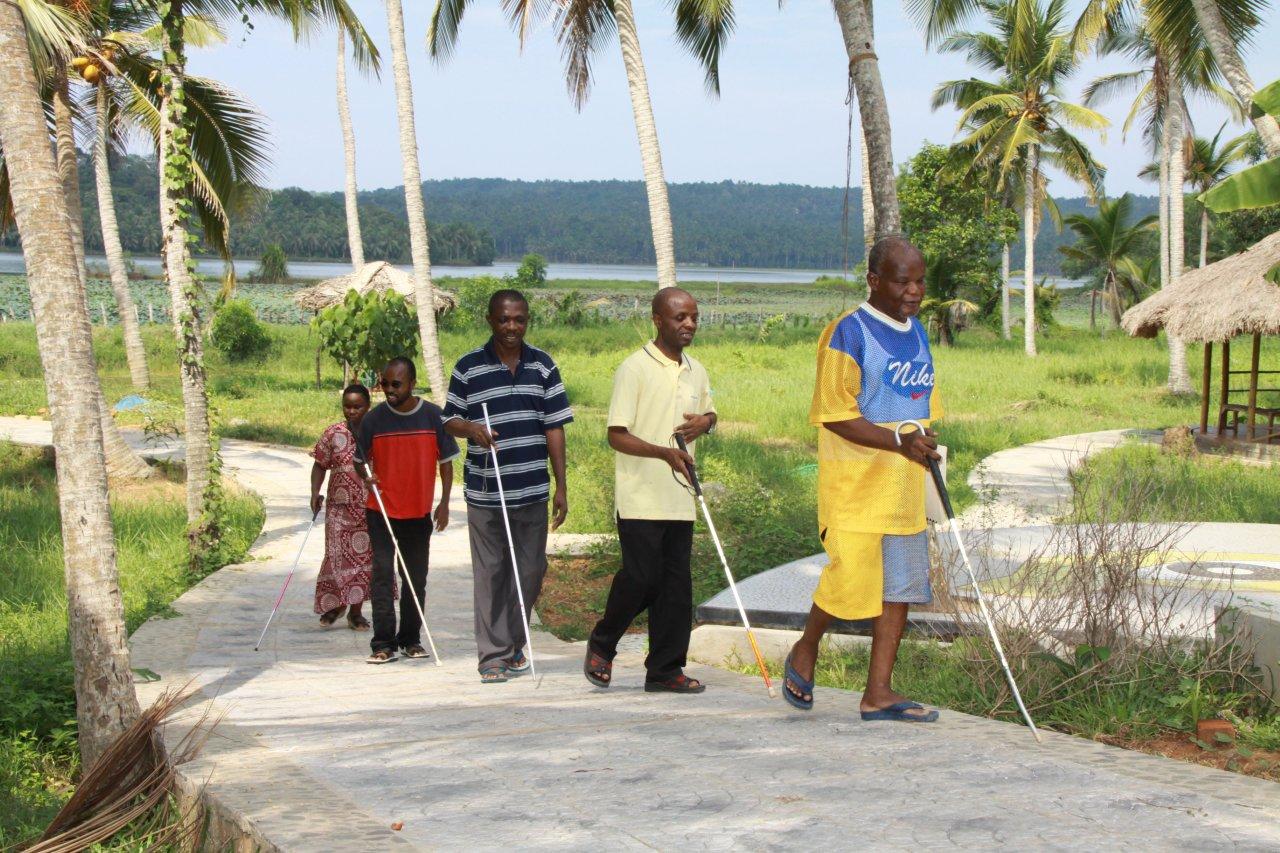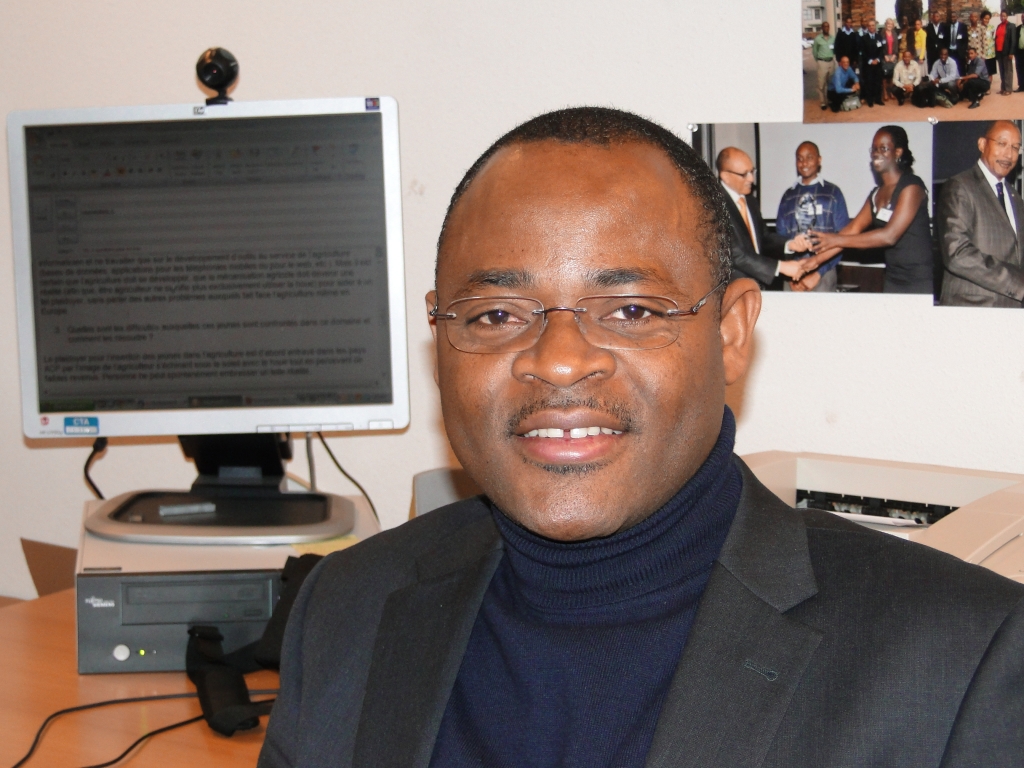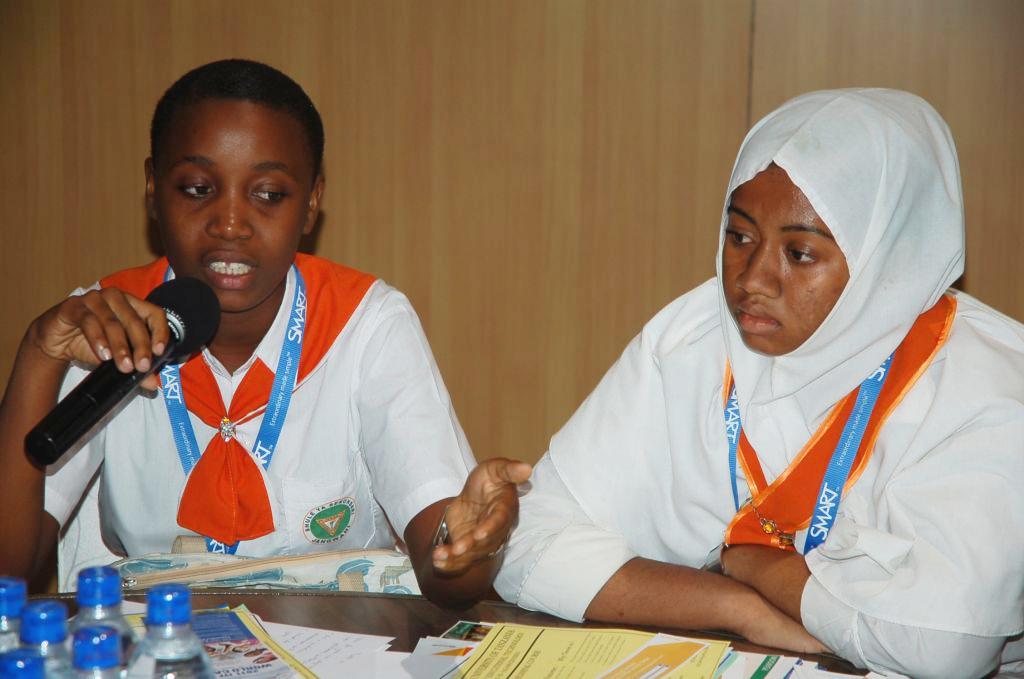Just as technology is defining the pace of life and work, it is also defining education. If we want youth in Africa to compete on the world stage, we need to give them the tools to empower themselves to do so. By Samba Guissé, Education Lead, Microsoft West and Central Africa Region At Microsoft, we see tremendous potential for technology in Africa to transform […]
Opinions
eLearning for tourism
Guy Apan Johnson is acting Secretary General of Literacy, Traditional Craftsmanship and Tourism at the Ministry of Culture in Benin. He spoke to Prue Goredema of the eLearning Africa News Service about the country’s bid to boost its tourism sector – with eLearning leading the way. The government of Benin has launched a strategic drive to grow its tourism sector, and plans are in […]
The China-Africa partnership: effective for education?
In this special report, independent writer Stephen Haggard stimulates debate by taking a critical look at China’s actions in African schools and mobile telecoms. Haggard argues that, up to now, China’s presence in Africa has had disappointing impacts on learning. However, there are signs that China’s government and companies are planning to branch out from the “hard” technology of infrastructure to “soft” businesses such […]
Dreams without borders: A sustainable model for social change
The shock of being forced to drink human blood and watch his teenage sister be raped and butchered to death during Sierra Leone’s brutal civil war caused a young Sahr Yillia to lose his eyesight. Such was the extent of the trauma. Yet now, despite his blindness, he heads the Child Rescue Mission, a Sierra Leonean not-for-profit organisation that rescues street children (many of […]
Fasil Bekele on the Shape of Things to Come
“Africa’s children have the right to digital access, and we need to ensure that their rights are protected through initiatives such as Shape the Future so that we can prepare them better for the knowledge economy for the 21st century,” says Fasil Bekele referring to the digital inclusion programme that Microsoft has undertaken with several African governments. Bekele is the Public Private Alliances Lead […]
The cross-continental classroom: from India to Tanzania
The Government of India and the African Union launched the Pan-African e-Network Project in 2009 to enable Indian universities to share their expertise with their African counterparts. One hundred and fifty students at the University of Dar es Salaam are enrolled in these tele-education programmes, and the reviews have been encouraging. Ludger Kasumuni reports
GOAL: how football is good for ICTs
In an exclusive interview, Hicham El Amrani, the Secretary General of the Confederation of African Football, tells Prue Goredema of the eLearning Africa News Service that the on-going Orange Africa Cup of Nations has attracted a growing fan following on social media as people across Africa turn to the Internet for instant updates on what’s happening on the pitch. The 28th Africa Cup of […]
Towards a sustainable ICT policy for Benin
An effective regulatory framework is essential for countries trying to make the most of technology, says Ken Lohento, ICT4D Programme Coordinator at the Technical Centre for Agricultural and Rural Cooperation. A specialist in the design and implementation of ICT projects to support agriculture and rural development, Lohento offers some lessons from his native Benin.
Cameroon chief advocates ICTs to preserve traditional culture
The appearance of Gaston Donnat Bappa, a traditional chief from the Babimbi region in Cameroon, was one of the most prominent at eLearning Africa 2011. Dressed in colourful traditional robes, the senior Information Technology consultant who holds a degree in information engineering and a diploma in banking and finance, delivered a presentation on the use of ICTs to support farmers in rural areas. […]
Mobilising Africa’s youth with the help of ICTs
Young Africans are embarking on promising careers using new skills acquired with the support of Information and Communication Technologies (ICTs). For example, Open and Distance Learning can help actors, musicians and story tellers to make a good living. This was one of the many innovative projects presented at eLearning Africa where the main conference theme was: “Youth, Skills and Employability”. In one dedicated African […]



























